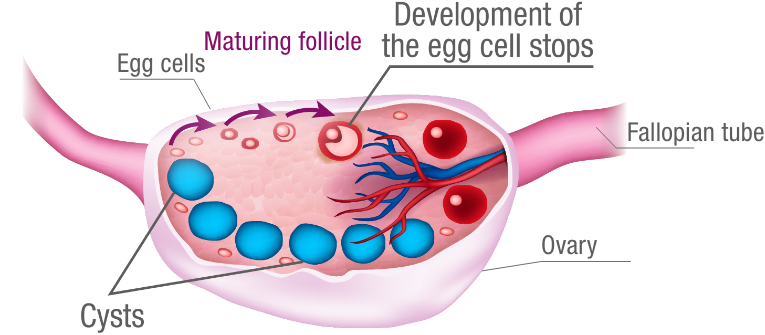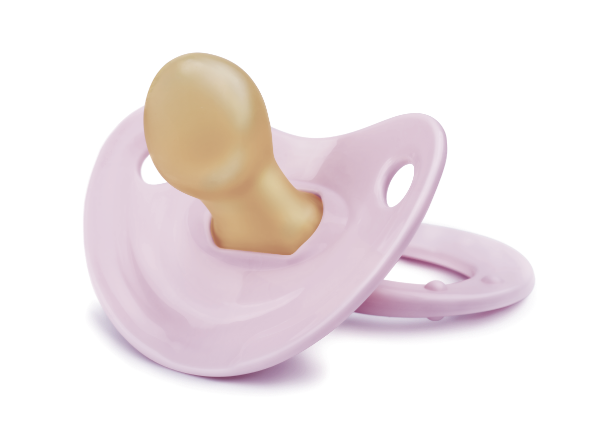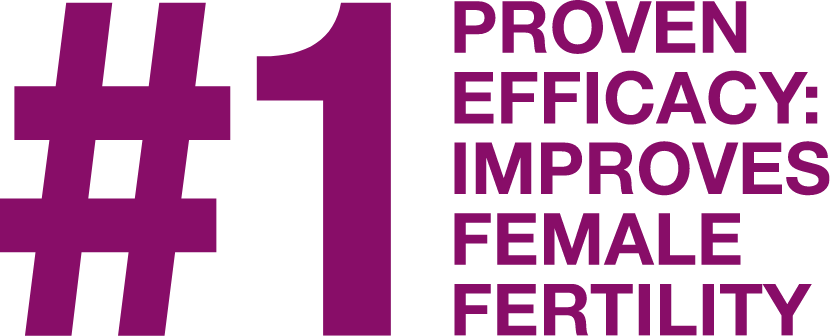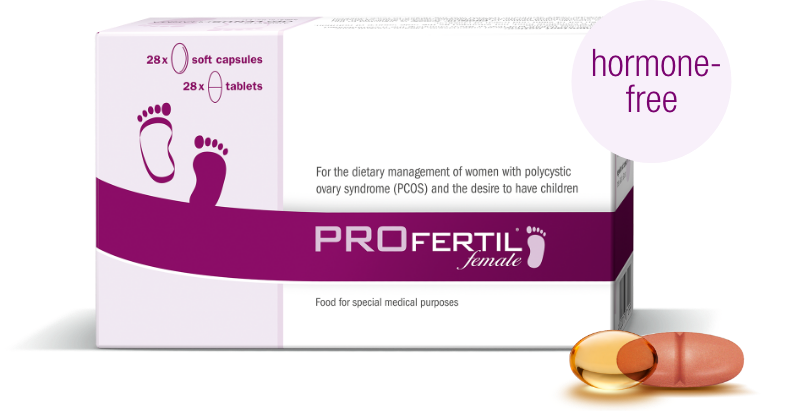Polycystic ovary syndrome (PCOS) can often be the cause of an unfulfilled desire to have children.
Polycystic ovary syndrome (PCOS) is a hormone disorder whereby women produce too much male sex hormone, among other things. Various ovarian functional disorders and very often also the formation of small cysts, so-called polycystic ovaries are possible in this context.

When is polycystic ovary syndrome (PCOS) referred to?
We previously mentioned the various functional disorders of the ovaries and the formation of small cysts. It should also be pointed out that the cycle often occurs without ovulation, the menstrual period is irregular and can even stop.
- Long intervals between menstrual periods or an infrequent menstrual period (oligomenorrhoea) or menstrual period is absent (amenorrhoea)
- Increased levels of male sex hormones in the blood and/or “masculinisation” (hirsutism)
- Numerous cysts on the ovaries (polycystic ovaries)
Unfortunately, it can happen that polycystic ovary syndrome (PCOS) is not discovered for a long time. It is only when women consult a physician (possibly even a specialist in reproductive medicine) that the diagnosis is made.
Pharmaceutical treatment options also include the contraceptive pill. It stands to reason that women with PCOS, who are dissatisfied with treatment with oral contraceptives (birth control), are looking for alternative treatment options. Especially when the desire to have children becomes concrete at the latest.
Which causes can be responsible for polycystic ovary syndrome (PCOS)?
The exact causes of polycystic ovary syndrome (PCOS) are not yet clear. Following an assumption, the approach may be one of inheritance on one hand, and lifestyle factors such as lack of exercise, being overweight and unhealthy diet on the other hand.
Women with polycystic ovary syndrome (PCOS) have a hormone disorder. On the one hand, there is an increased release of luteinising hormone (LH, luteal hormone) and, on the other hand, a reduced release of follicle-stimulating hormone (FSH) from the pituitary gland. This results in the increased production of male sex hormones (androgens) by the ovaries. Patients with polycystic ovary syndrome (PCOS) cannot convert these into oestrogen, which causes increased cycle disturbances.
With regard to patients who are affected by this syndrome, diabetes mellitus can occur due to insulin resistance. This further intensifies the production of androgen.

Polycystic ovary syndrome (PCOS) can cause the following symptoms:
Lack of ovulation
The maturation process of an egg cell is affected by high androgen levels. This results in the formation and retention of several egg cells in the ovary.
Absence of menstrual period
It can cause the lengthening of the cycle and the menstrual period can be absent altogether.
Male body hair (hirsutism)
It causes the increased hairiness of the chin, cheeks and chest area.
Acne and hair loss as well as being overweight
The above symptoms can be a consequence of polycystic ovary syndrome (PCOS). There is also very often a connection with hypothyroidism. The symptoms can include fatigue, cold hands and reduced fertility.
Infertility
This is caused by a lack of egg cell maturation and it becomes the subject as soon as the desire to have children becomes concrete. Before that, the focus may be on rather cosmetic aspects like blemished skin or acne.
A study conducted with PCOS patients at the Medical University Hospital of Vienna showed that the intake of PROFERTIL® female results in an improvement of PCOS-typical, hormonal parameters. This can increase the chance of a successful pregnancy.
What long-term consequences can occur with polycystic ovary syndrome (PCOS)?
Long-term hormone disorders can result in cardiovascular diseases, diabetes mellitus and dyslipidaemia. An increased risk may exist for uterine cancer. The early detection and treatment of polycystic ovary syndrome (PCOS) is more than desirable for these possible consequences alone.
The diagnosis of polycystic ovary syndrome (PCOS):
It is usually diagnosed when the unfulfilled desire to have children is dealt with. Own observations such as increased body hair, being overweight and acne can be an indication. Enlarged ovaries can often be detected in a vaginal ultrasound scan.
A blood test with a measurement of certain hormone values can provide information about whether polycystic ovary syndrome (PCOS) is present.
In particular, the following values can be determined:
- Follicle-stimulating hormone – FSH
- Luteinising hormone – LH
- Testosterone and free testosterone
- Dehydroepiandrosterone – DHEA
- Androstenedione – ASD
- Sex hormone-binding globulin
- Oestradiol
- Prolactin
- Insulin including oral glucose tolerance test (in case of insulin resistance)
- Dexamethasone and dexamethasone/GnRH analogue test
How can polycystic ovary syndrome (PCOS) be treated?
Polycystic ovary syndrome (PCOS) is classified as incurable. However, the symptoms can be alleviated. The treatment depends on precisely which symptoms are present and whether there is a desire to have children. PROFERTIL® female with its study-proven formulation of micronutrients has proven its worth in this context.
If there is no desire to have children, the contraceptive pill is recommended in most cases. It suppresses hormone production and thus regulates the cycle. Taking the pill can also have a positive effect on acne and excessive body hair.
If a desire to have children is to be fulfilled, then PROFERTIL® female can be the method of choice to support ovulation through the targeted supply of micronutrients and increase the chance of pregnancy.
Overweight women can have a positive effect on polycystic ovary syndrome (PCOS) by losing weight. A moderate low-carb diet is recommended with lots of vegetables, fish, meat and pulses as well as healthy fats and fruit. Ready meals should be avoided altogether if possible. A generous and nutritious breakfast is recommended to start the day.
Surgical attempts can also be made to place small holes in the ovary and thus remove part of the follicle. The process is known as “ovarian drilling”. Ideally, ovulation is achieved this way. Alternatively, artificial insemination in the form of ICSI or IVF plus PROFERTIL® female may be considered.
Furthermore, certain micronutrients can also promote ovulation. In this context, reference is made to PROFERTIL® female with its study-proven formulation.




